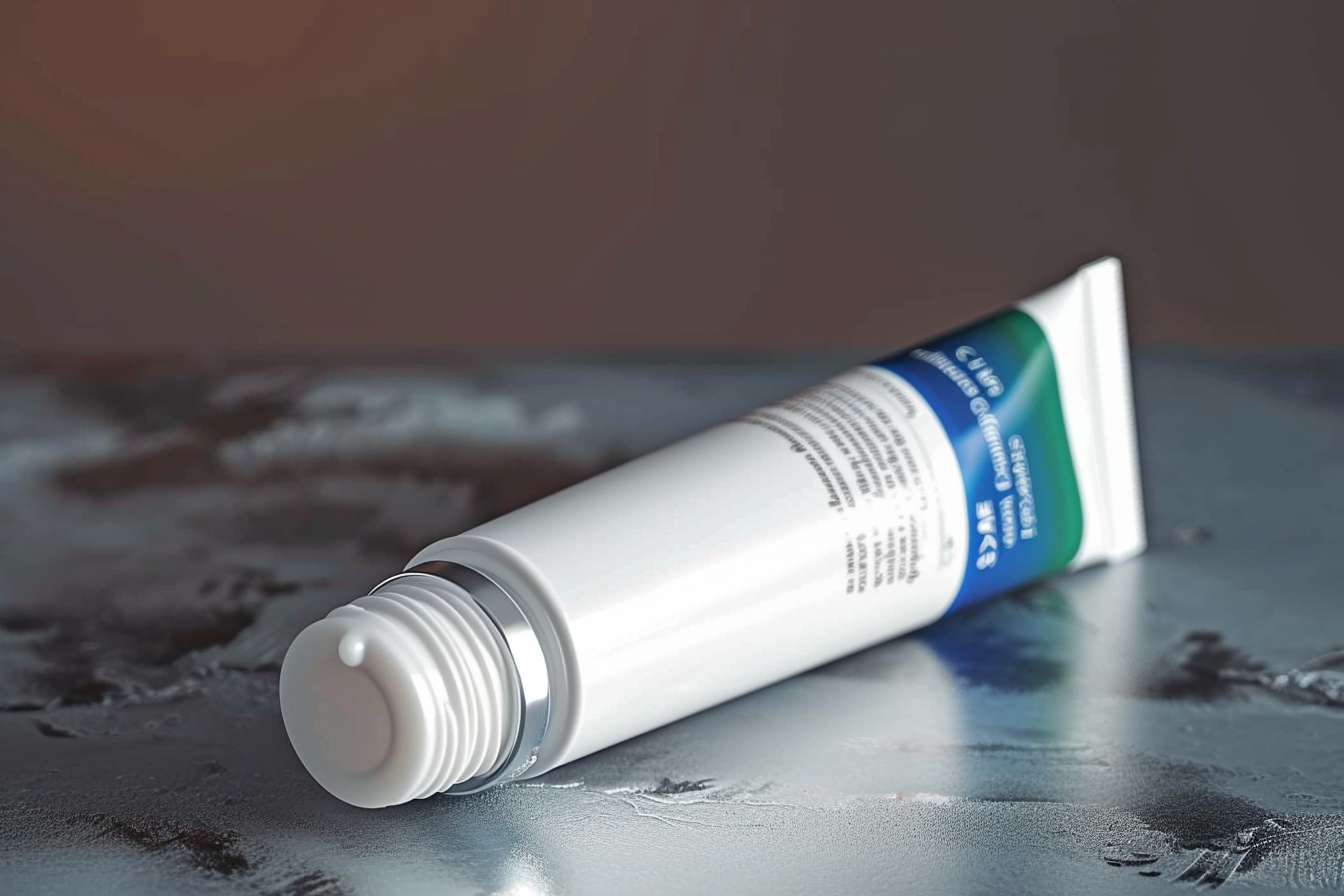Effective ADHD Solutions: A Comprehensive Guide to Symptom Management
Attention deficit hyperactivity disorder (ADHD) is a condition affecting millions of people worldwide. Appropriate treatment can significantly improve symptoms and enhance quality of life. Today, a variety of treatment options are available for ADHD, allowing patients to choose the most suitable combination of therapies based on their individual needs. Understanding these options is crucial for effectively managing ADHD.

Managing Attention Deficit Hyperactivity Disorder requires a multifaceted approach that addresses the diverse ways this condition impacts daily functioning. ADHD affects approximately 6.1 million children and 4.4% of adults in the United States, making it one of the most common neurodevelopmental disorders. Effective symptom management involves understanding the condition’s complexities and implementing targeted strategies that work for individual needs.
Difficulties Faced by People with Attention Deficit Hyperactivity Disorder
Individuals with ADHD encounter numerous challenges that extend beyond the commonly recognized symptoms of inattention and hyperactivity. Executive functioning difficulties often manifest as problems with time management, organization, and task completion. Many people struggle with emotional regulation, experiencing intense reactions to stress or frustration that can strain personal and professional relationships.
Working memory deficits create additional obstacles, making it challenging to hold information in mind while completing complex tasks. This can lead to difficulties following multi-step instructions, remembering appointments, or maintaining focus during lengthy conversations. Social challenges frequently arise as individuals may interrupt others, struggle with turn-taking, or have difficulty reading social cues.
Habits That Worsen ADHD Symptoms
Certain lifestyle patterns can exacerbate ADHD symptoms and hinder effective management. Irregular sleep schedules significantly impact attention and impulse control, as the ADHD brain requires consistent rest to function optimally. Excessive screen time, particularly before bedtime, can overstimulate the nervous system and worsen hyperactivity symptoms.
Poor organizational habits create additional stress and chaos, making it harder to manage daily responsibilities. Procrastination often becomes a cycle where overwhelming tasks are avoided, leading to increased anxiety and last-minute rushing. Inconsistent routines disrupt the structure that many individuals with ADHD need to thrive, while excessive caffeine consumption can increase jitteriness and interfere with sleep patterns.
Foods That Can Help Alleviate ADHD Symptoms
Nutritional choices play a significant role in ADHD symptom management. Protein-rich foods help stabilize blood sugar levels and support neurotransmitter production, which can improve focus and attention span. Foods high in omega-3 fatty acids, such as salmon, walnuts, and flaxseeds, support brain health and may reduce hyperactivity symptoms.
Complex carbohydrates provide steady energy release, preventing the blood sugar spikes and crashes that can worsen ADHD symptoms. Iron-rich foods like lean meats, spinach, and beans support cognitive function, as iron deficiency has been linked to attention difficulties. Magnesium-containing foods such as almonds, avocados, and dark chocolate may help with relaxation and sleep quality.
Techniques to Help Calm the Mind in People with ADHD
Mindfulness and relaxation techniques can be particularly beneficial for managing ADHD symptoms. Deep breathing exercises help activate the parasympathetic nervous system, reducing hyperactivity and promoting focus. Progressive muscle relaxation teaches individuals to recognize and release physical tension that often accompanies ADHD-related stress.
Regular physical exercise serves as a natural mood stabilizer and attention enhancer, with activities like swimming, martial arts, or team sports providing both physical outlet and structured engagement. Meditation practices, even in short 5-10 minute sessions, can improve attention span and emotional regulation over time. Creating designated quiet spaces and using noise-canceling headphones can help minimize distracting stimuli.
Medications That Can Help Control ADHD
Pharmacological treatment remains a cornerstone of ADHD management for many individuals. Stimulant medications, including methylphenidate and amphetamine-based drugs, are typically first-line treatments that work by increasing dopamine and norepinephrine levels in the brain. These medications often provide rapid improvement in attention, focus, and impulse control.
Non-stimulant options like atomoxetine and guanfacine offer alternatives for those who cannot tolerate stimulants or have co-occurring conditions. Extended-release formulations provide all-day symptom control, reducing the need for multiple daily doses. Some individuals benefit from combination therapy, using both stimulant and non-stimulant medications under careful medical supervision.
| Treatment Type | Provider/Option | Cost Estimation |
|---|---|---|
| Initial ADHD Evaluation | Licensed Psychiatrist | $300-800 per session |
| Monthly Medication Management | Primary Care or Psychiatrist | $150-400 per visit |
| Generic Stimulant Medications | Pharmacy | $30-100 per month |
| Brand Name Medications | Pharmacy | $200-500 per month |
| ADHD Coaching Sessions | Certified ADHD Coach | $75-200 per session |
| Behavioral Therapy | Licensed Therapist | $100-250 per session |
Prices, rates, or cost estimates mentioned in this article are based on the latest available information but may change over time. Independent research is advised before making financial decisions.
Successful ADHD management requires patience, consistency, and often a combination of approaches tailored to individual needs. Working with healthcare professionals, implementing lifestyle modifications, and maintaining realistic expectations can lead to significant improvements in daily functioning. Remember that ADHD management is an ongoing process, and what works best may evolve over time as circumstances and needs change.
This article is for informational purposes only and should not be considered medical advice. Please consult a qualified healthcare professional for personalized guidance and treatment.



